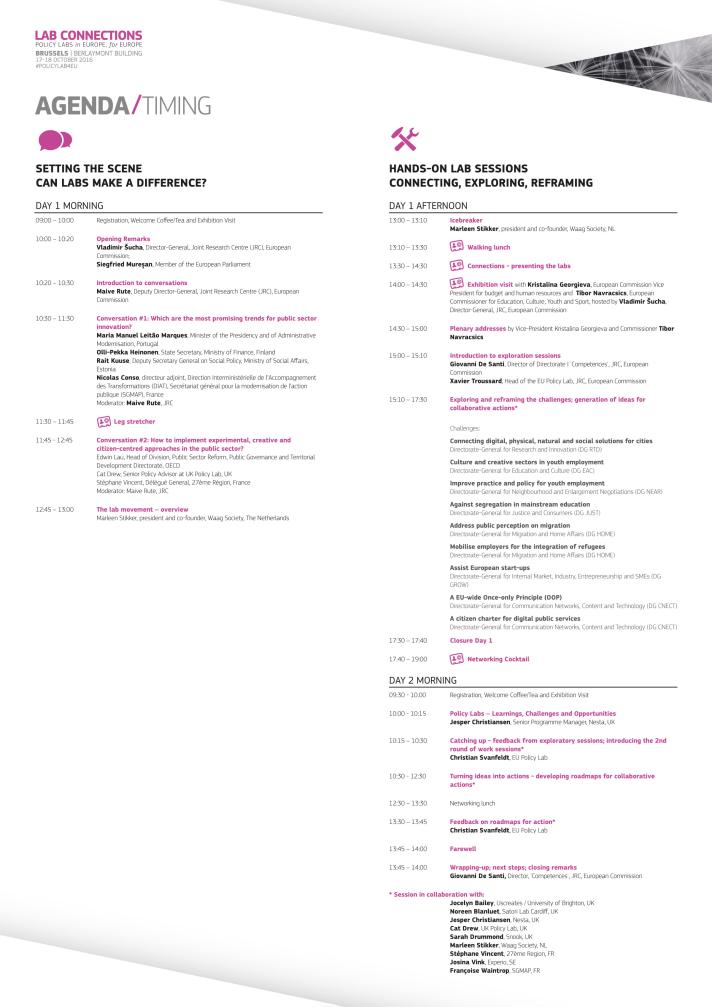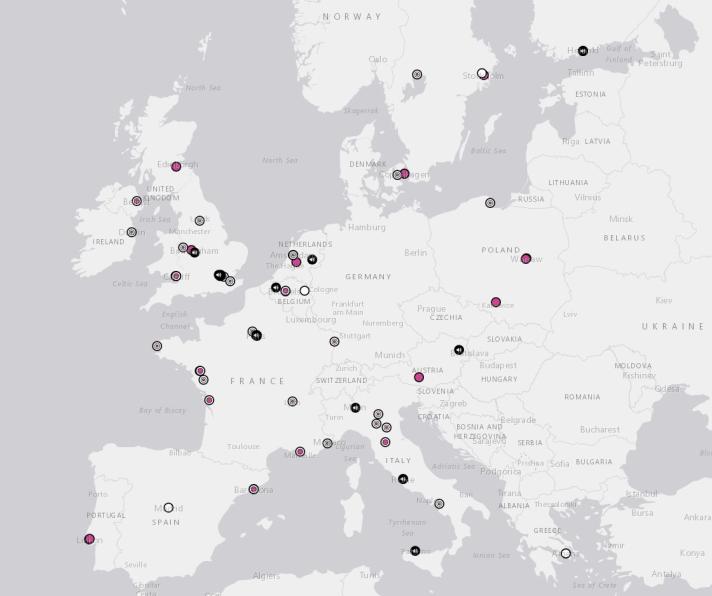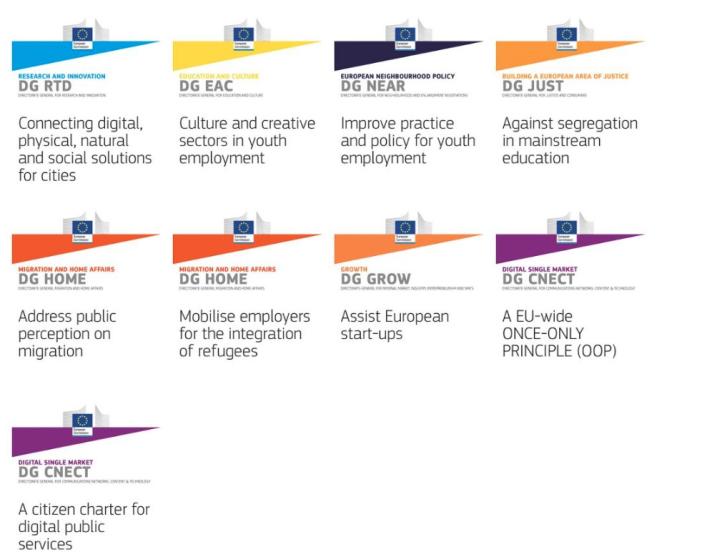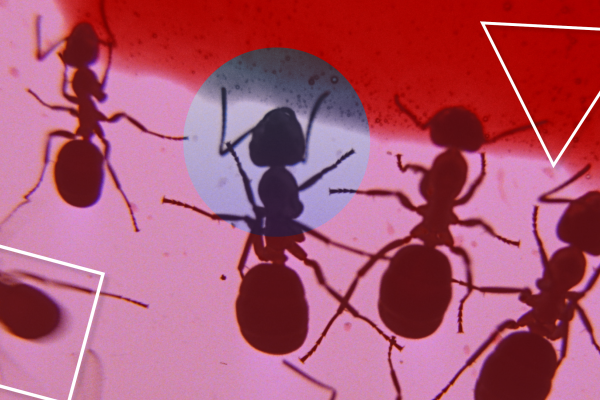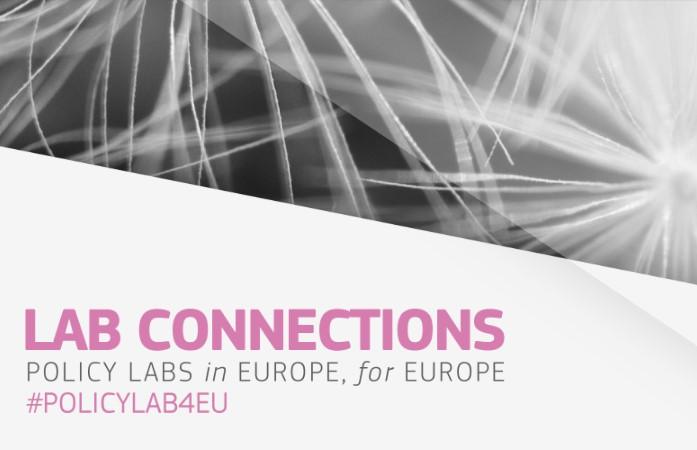
In the past few months, we have tried to create a map of policy labs across Europe. We wanted to have an idea of the number of labs and also understand what their main fields of expertise are.
This has not been an easy exercise. Firstly, policy labs are very heterogeneous in terms the areas they are active in, their size, their institutional belonging, the governance level they are active on and the constituencies they work for. So our first question was how to define a policy lab: what are the main features defining a policy lab? We ended up with the following three basic criteria:
1. A policy lab has strong institutional ties with a public administration, whether at local, regional or national level.
2. A policy lab approaches policy issues using creative, design and user-oriented methods.
3. A policy lab is experimental and uses early prototypes.
Secondly, we have learnt that the lifespan of policy labs is often very short: many initiatives are created as pilot projects or programmes and run for a one to three-year period. In the short span of time since the actual mapping work and the publication of the map, many of the labs have ceased to exist and new ones have been created.
Therefore our mapping is not something definitive, but a snapshot of the situation at a given point in time. However, our ambition is to regularly update the map. Please have a look at it and do not hesitate to contact us if you find errors, know about new labs or have information about defunct labs still on the map.
THE EVENT
LAB CONNECTIONS started as an event held in Brussels at the Berlaymont on October 17th and 18th, 2016. The event was part of a Pilot Project initiated by the European Parliament in collaboration with the European Commission’s Joint Research Centre.
THE CONCEPT
User-centred approaches increase the involvement of citizens in policy-making and provide an opportunity to respond better to policy challenges.
Lab Connections aims at creating an open space for collaboration between policy labs and policy-shapers at local, regional, national and EU-level by
- discussing the role of policy labs in public sector innovation
- experimenting and testing through concrete actions how policy labs can contribute to address concerns of pan-European relevance
SETTING THE SCENE: CAN LABS MAKE A DIFFERENCE?
DAY 1 MORNING
The first part of Lab Connections offers two open conversations to better understand the context of policy labs.
The first conversation will focus on experiences from Finland, Estonia (tbc), France and Portugal to spot tendencies, explain good experiences and highlight hurdles in the path towards innovation and modernisation in the public sector. What is fundamentally new in the framework conditions and what is new in terms of approaches?
The second public conversation will enter the practical dimensions of establishing lab-like structures, ensuring and demonstrating impact, while sharing positive and negative experiences, organisational models, etc.
HANDS-ON LAB SESSIONS CONNECTING, EXPLORING, REFRAMING
DAY 1 AFTERNOON AND DAY 2
Policy Labs are “do-tanks”. We believe that the best way to demonstrate that labs can make a difference is by “do-sessions”, i.e., table workshop sessions addressing real issues in a working setting. That is why the focus of this part of Lab Connections is on practical work rather than presentations.
The starting point is a list of challenges of European concern, coming from policy units within the European Commission:
The challenges are open for exploration and need to be reframed according to the participants’ experience. There will be a table per challenge animated by a lab with the assistance of the EU Policy Lab. Each table will generate visual representations of the challenges, using markers, paper, stickers and 3D-props. The objective is to highlight ideas for action where there can be a significate contribution from the participants.
At the end of this session we will collect all the ideas for action. On day 2 the most promising of these ideas will be transformed into plans for collaborative action.
By the end of the second day we should have a good idea what the first steps could be to implement such collaborative actions and who would be willing to take part.
EXHIBITION AND EXCHANGE
In addition, exhibition and networking time will be available for labs to present themselves using graphic panels. A space for one-to-one conversations in the permanent coffee corner will also be available.
Results of the first mapping exercise
The map available at this link is based on the first mapping exercise performed by Conseil & Recherche and the 27th Region.
To access the original report, please click on the link below.
Mapping of policy labs in EU member states
Online exhibition
European Forum Alpbach, Austria
Experimenting Finland, Finland
La 27e Région, France : front and back
Policy Lab, UK: front and back
Service design network, Germany
Smart factory, France: front and back
THE COMMUNITY
The LAB CONNECTIONS community is formed by several working groups dedicated to exploring and solving specific policy challenges. The groups are composed by labs and policy-makers active at European, state, regional and local level. The first set of policy challenges were proposed during the event and the work is now focusing on defining the “kickstarters”. If you see a topic of interest you are welcome to follow the conversations or to join.
Details
- Publication date
- 15 October 2016
- Author
- Joint Research Centre
- EU Policy Lab tags

